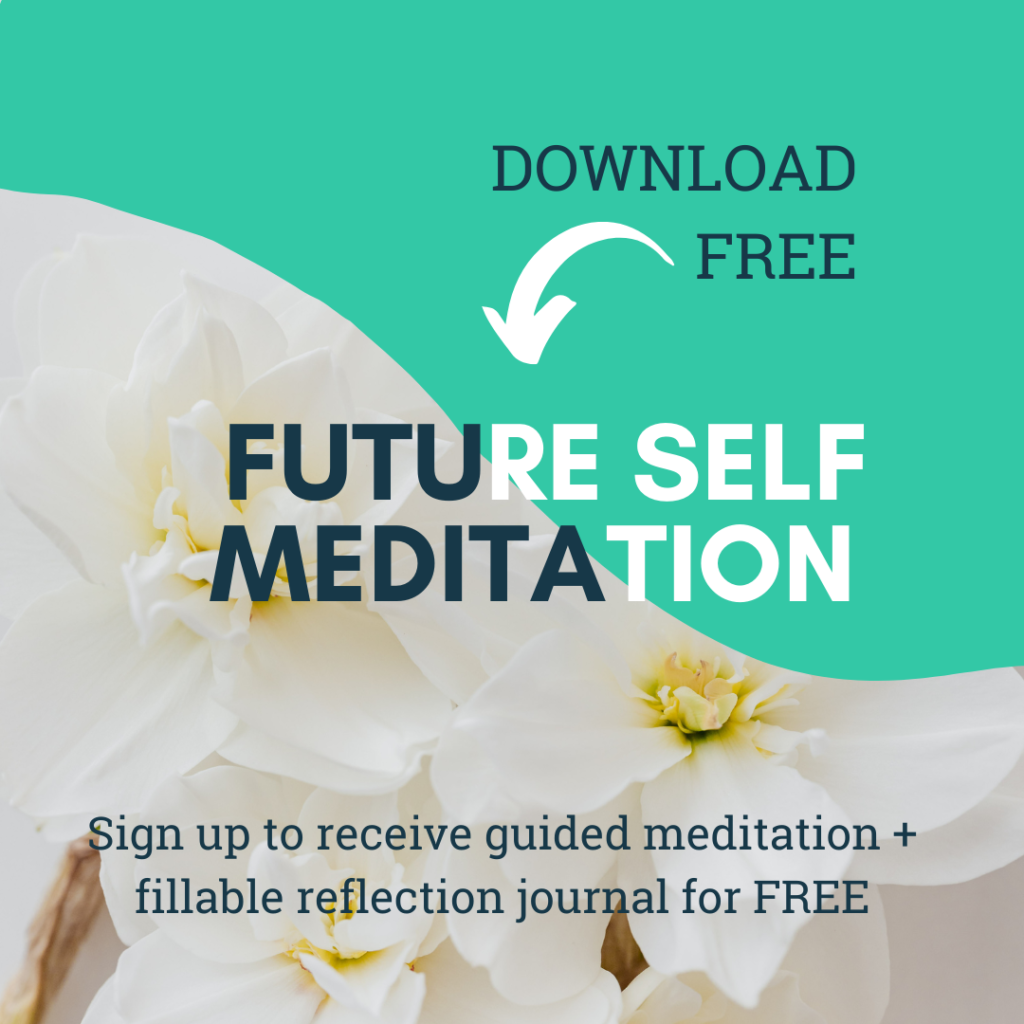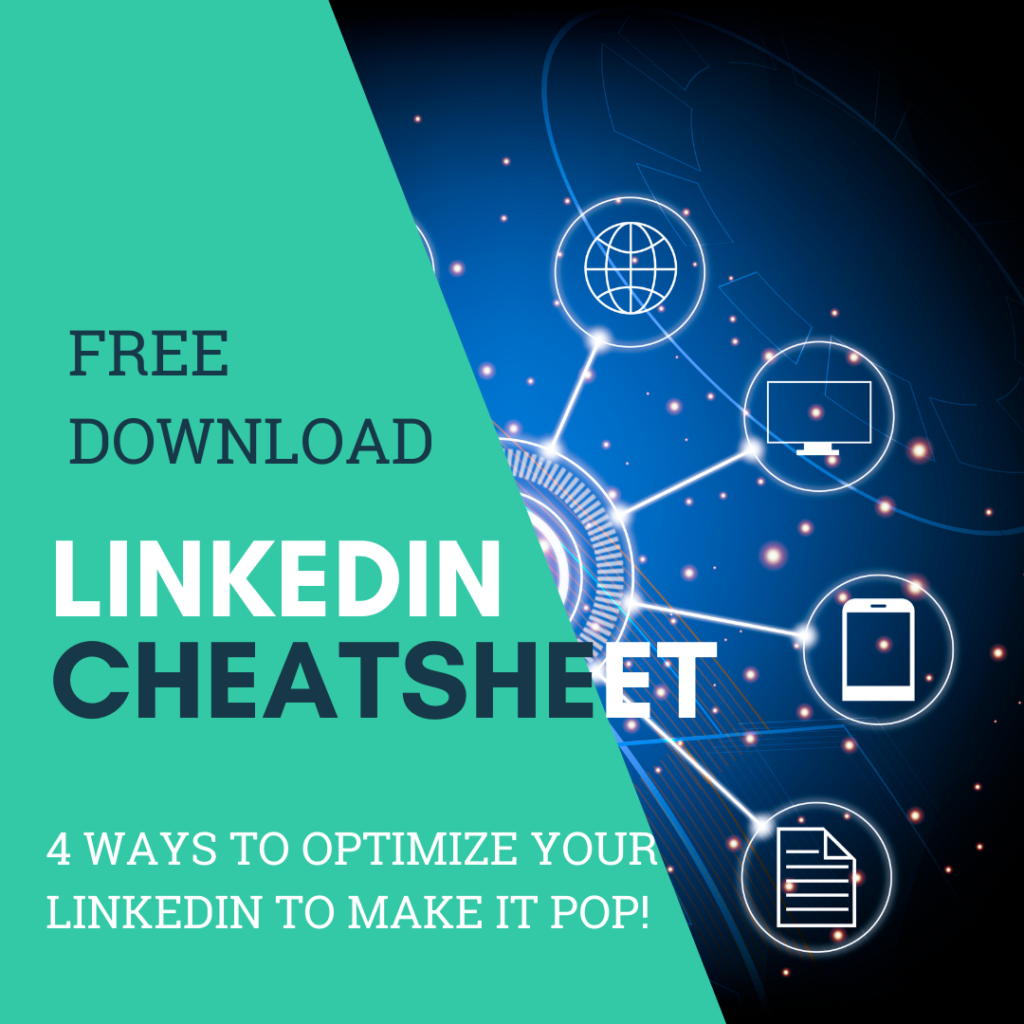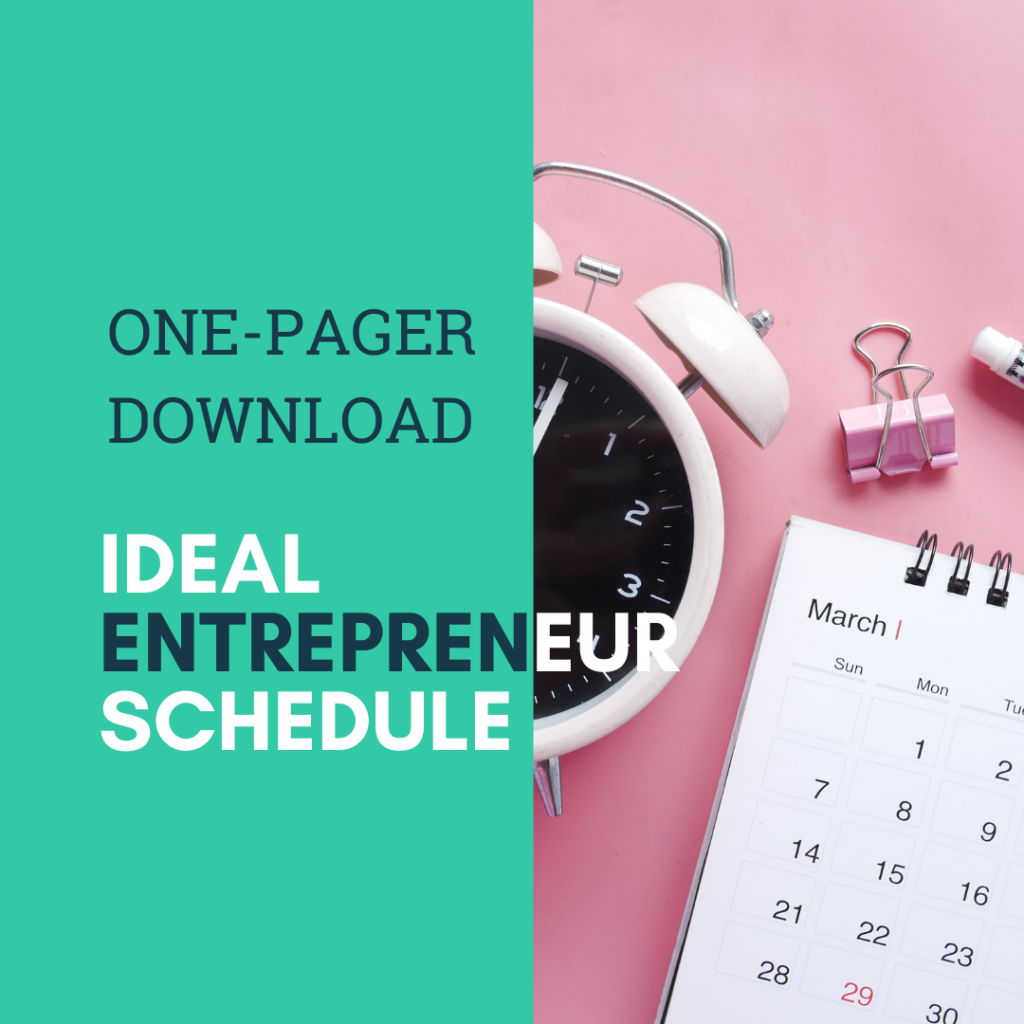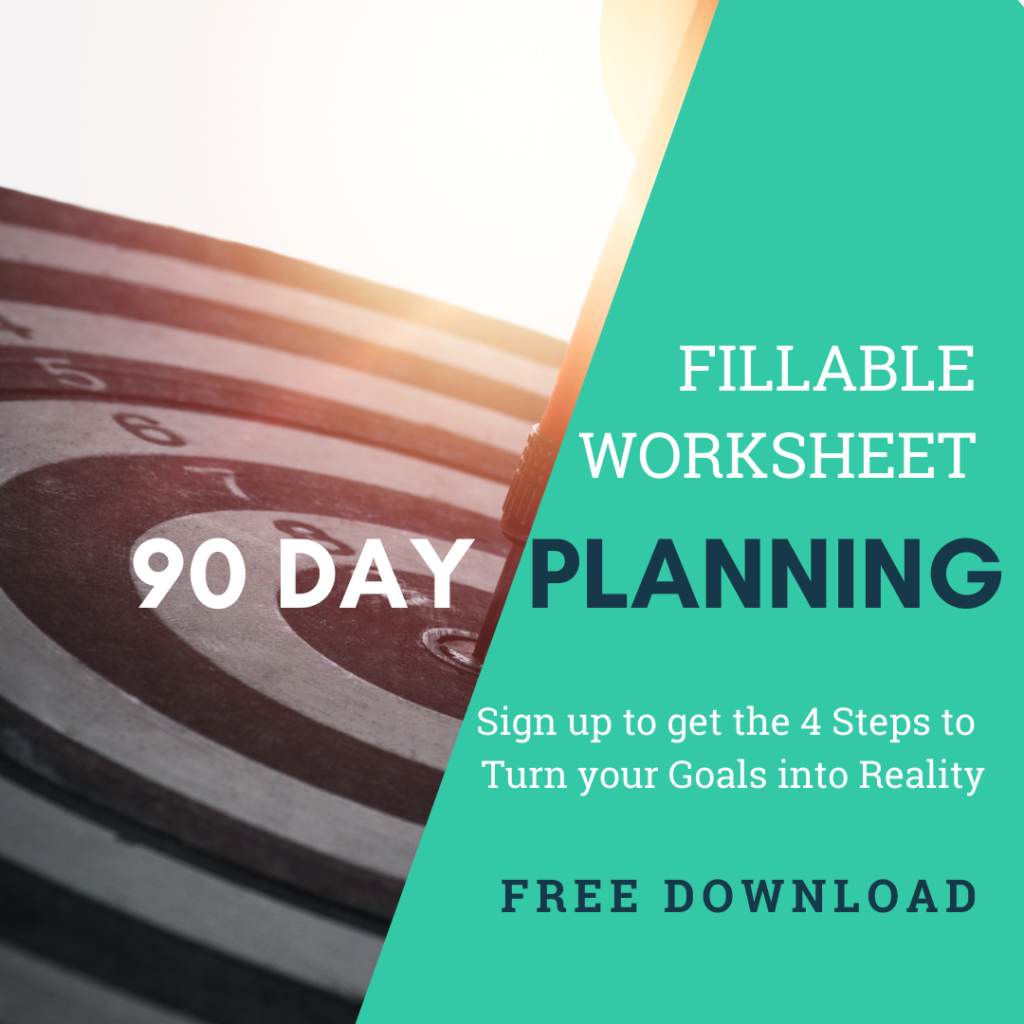Yes, there’s guilt, but seeking to end racism has to be fueled by something much more powerful than guilt. When was the last time you did something because you felt guilty? I usually consider what motivates us to move forward. What motivates change? Let’s take a closer look at how guilt is playing a part in some of that work.
Guilt has very little to do with understanding or empathizing with the situations we’ve caused or have been part of. It has more to do with how we relate to our own ego. Guilt oftentimes presents itself as a way to project our fears on how others perceive us. It causes us to act in obligation, instead of from a place of love, or desire to create real change. This shift is something that is imposed on us vs. self-generated. And from this place of obligation, our actions can only be but so limited.
A child feeling guilty about taking care of an elderly parent can quickly build up feelings of resentment that stem from obligation. One that they wouldn’t otherwise be aligned with if it wasn’t a desire to be pleasing to the parent. And in this way, guilt becomes about protecting our self-image.It’s about protecting our egos.
Will White Guilt create Change?
 I raise this because the current climate of racism in America has drummed up an overabundance of white guilt. We’re bombarded with messages on social media of white people declaring their shame and their embarrassment for not recognizing the racial disparities in the country. Statements like these serve to wash that feeling of guilt, that feeling of obligation, of “I should do better.” Until we see the actions that people take as a response to others’ needs rather than their own, guilt has a limited impact in the change they’re able to create. And so, do not be surprised when your Black friends and colleagues make no response to your declarations of guilt. I mean, will you care when #equity and #blacklives are no longer trending? What then?
I raise this because the current climate of racism in America has drummed up an overabundance of white guilt. We’re bombarded with messages on social media of white people declaring their shame and their embarrassment for not recognizing the racial disparities in the country. Statements like these serve to wash that feeling of guilt, that feeling of obligation, of “I should do better.” Until we see the actions that people take as a response to others’ needs rather than their own, guilt has a limited impact in the change they’re able to create. And so, do not be surprised when your Black friends and colleagues make no response to your declarations of guilt. I mean, will you care when #equity and #blacklives are no longer trending? What then?
Reading ‘White Fragility’ does not make an anti-racist nation – it does not make an inclusive country.
Your guilt is about you. Your guilt is not about serving those who have been shouldering racism, oppression, and other injustices in this country. When you declare your guilt you’re also declaring a sense of obligation you feel for what you have not done. But my question is, if you weren’t busy feeling so guilty what would you do? What feeling would you be present to then? I think guilt has its place in making us aware of something that shouldn’t be. But we can’t stay mired in guilt. There’s a time when we must move on from guilt and find something that serves us. And by ‘us’ I’m referring to all of us, the collective, the social community.
Empathy and Love in place of Guilt
 My suggestion is that instead of guilt we seek out empathy and love. Instead of running from our guilt what if we started running towards empathy? Empathy provides fuel not because it washes our guilt, but because empathy has its own rewards. It’s intrinsic. To empathize, to truly feel others pain, is a way of connecting with more of our humanity. Now of course, one could argue that empathy is what got us here in the first place. I am convinced that part of why this particular discourse on racism in America is so much louder than it ever has been is because of the compounding effect of the trauma we’ve all been experiencing globally under the duress of precautions taken due to the COVID-19 pandemic. We’ve all been forced to remain inside, we’ve all been under arrest, emotionally and mentally. And we’ve all been coping with new ways of being under economic strain.
My suggestion is that instead of guilt we seek out empathy and love. Instead of running from our guilt what if we started running towards empathy? Empathy provides fuel not because it washes our guilt, but because empathy has its own rewards. It’s intrinsic. To empathize, to truly feel others pain, is a way of connecting with more of our humanity. Now of course, one could argue that empathy is what got us here in the first place. I am convinced that part of why this particular discourse on racism in America is so much louder than it ever has been is because of the compounding effect of the trauma we’ve all been experiencing globally under the duress of precautions taken due to the COVID-19 pandemic. We’ve all been forced to remain inside, we’ve all been under arrest, emotionally and mentally. And we’ve all been coping with new ways of being under economic strain.
And yet, that very same type of mentality that’s designed to keep us safe from a biological virus, is the very same type of framework that many Black Americans experience day-to-day living in America. And I don’t think that it’s by accident that the rapid succession of the very public acts of violence against the Black body are now met with much more of an outcry. Erykah Badu has a song in which her lyrics state, “What good do your words do if they can’t understand you?” And I think in this context what Erykah is referring to is that ‘they’ can’t feel your pain. Without empathy, there is no understanding, no true communication, no human connection.
How would we respond if we weren’t feeling so damn guilty?
 But because of COVID-19 we’re all much more open to each other’s pain. We’re already seeing each other in a different light, in the knowledge of each other’s humanness, and how much we need each other. We applaud our essential workers, we have a new respect for our mail carriers and our grocery store clerks. Our hearts were already open. And then to see the abuse of the Black body has created space for a new understanding to be achieved. Don’t stop feeling now. Guilt is how we put a Band-Aid on strong emotions. In some ways it’s a numbing agent, shield that protects us from acknowledging and connecting with the feelings of others, by instead focusing on how we feel. We say we feel shame, embarrassment instead of getting uncomfortable with the feelings of others; there’s more room to get know others. But when we focus on our own discomfort in witnessing someones else’s pain the remedy is also misplaced. Guilt is how we can replace someone else’s oppression and trauma with reading a book or listening to a podcast. Instead of avoiding these strong feelings, the witnessing the collective hurt, maybe it’s time we take a deeper look to who and what we are trying to heal.
But because of COVID-19 we’re all much more open to each other’s pain. We’re already seeing each other in a different light, in the knowledge of each other’s humanness, and how much we need each other. We applaud our essential workers, we have a new respect for our mail carriers and our grocery store clerks. Our hearts were already open. And then to see the abuse of the Black body has created space for a new understanding to be achieved. Don’t stop feeling now. Guilt is how we put a Band-Aid on strong emotions. In some ways it’s a numbing agent, shield that protects us from acknowledging and connecting with the feelings of others, by instead focusing on how we feel. We say we feel shame, embarrassment instead of getting uncomfortable with the feelings of others; there’s more room to get know others. But when we focus on our own discomfort in witnessing someones else’s pain the remedy is also misplaced. Guilt is how we can replace someone else’s oppression and trauma with reading a book or listening to a podcast. Instead of avoiding these strong feelings, the witnessing the collective hurt, maybe it’s time we take a deeper look to who and what we are trying to heal.
Guilt is like punching your friend and then putting the ice pack over your own eye. . . because you feel bad. What have you done for your friend’s pain?
How would white America respond to racism if it wasn’t so busy feeling so damn guilty? And the rehabilitation that we’re seeking now has to be fueled by something much more powerful than guilt. Stop flaunting your ice pack in the faces of the oppressed.
What will happen when business goes back to usual?
Because what will happen after this flurry of excitement when the terms ‘systemic racism’ and ‘anti-racist’ stop trending, when the world opens and we have other things to grab our attention, like $6 lattes and trying to book a conference room at work? When those things start to creep back into our purview again and we’re no longer concerned with getting the gold in the White Woke Olympics, will the connection to the pain in the last few weeks still remain? Or will we find ways to distract ourselves with ourselves?
Either through action or inaction we are all complicit in the world that we create.
What happens when you feel that you’re just woke enough to not feel guilty? After you check the box and taken the Unconscious Bias training, what then? Will you still be present to the plight of others that you share this planet with? Or will you stop with all the conviction because you are no longer guilty?
Come share your truth at one of these empowering events
 You may already know that I have been hosting Boss Brunch workshops this spring as a way to connect more entrepreneurs to their passion and their actions to making their future a reality. These interactive sessions have been awesome and so I am doing a couple more this summer to keep those fires blazing. Register for the next Boss Up Brunch!
You may already know that I have been hosting Boss Brunch workshops this spring as a way to connect more entrepreneurs to their passion and their actions to making their future a reality. These interactive sessions have been awesome and so I am doing a couple more this summer to keep those fires blazing. Register for the next Boss Up Brunch!










